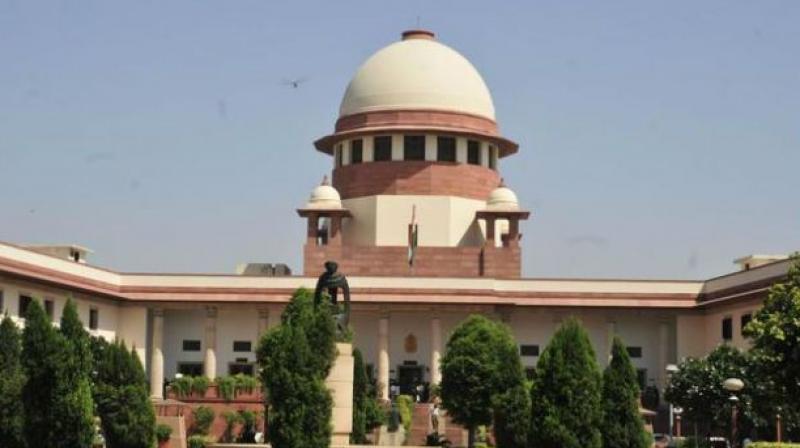Supreme Court order could cost hotels, clubs Rs 1 lakh-crore
Ban could throw 5 crore people out of jobs: Panel

Hyderabad: The tourism and hospitality industry fears many hotels and clubs approved under the tourism category will turn into non-performing assets as their business will fall on account of the Supreme Court order prohibiting sale of liquor in establishments along state and national highways. The ban will also impact the livelihood of five crore people employed in the sector directly and indirectly.
The Federation of Associations of Indian Tourism and Hospita-lity is holding consultations with stakeholders to file a review petition on the grounds that hotels/clubs do not promote sale of liquor to be consumed outside their premises, unlike liquor shops.
The association says developed countries like the US have been successful in promoting tourism with their ‘highway-led tourism model’. This will come to a standstill in India if hotels and clubs cease to be tourism venues.
Mr Nakul Anand, chairman, FAITH, said, “The tourism and hospitality industry as a people intensive industry respects, honours and commends any judgement which upholds the safety of human lives. As the nodal body representing the tourism industry in the country, we are reviewing the way forward with key stakeholders.”
The association said hotels/clubs exist primarily for lodging, conferencing, meetings, banqueting and dining out facilities, which include liquor service.
Entrepreneurs who bid in private-public partnership projects along national and state highways had modelled their cash inflows on these facilities.
“But a lot of these hotels/clubs, with redu-ced business, will result in distressed financial assets and may lead to a large scale NPA situation for our banking and financial system and may severely impact the investment climate in the tourism and hospitality sectors and overall business environment in India,” the association said.
States will run the risk of losing an estimated Rs 1 lakh crore. The association is urging that, retrospectively, any damaging impact on investments in fixed capital assets and on large-scale employment should be re-considered while strictly enforcing, through effective policing, zero tolerance for drunken driving.

